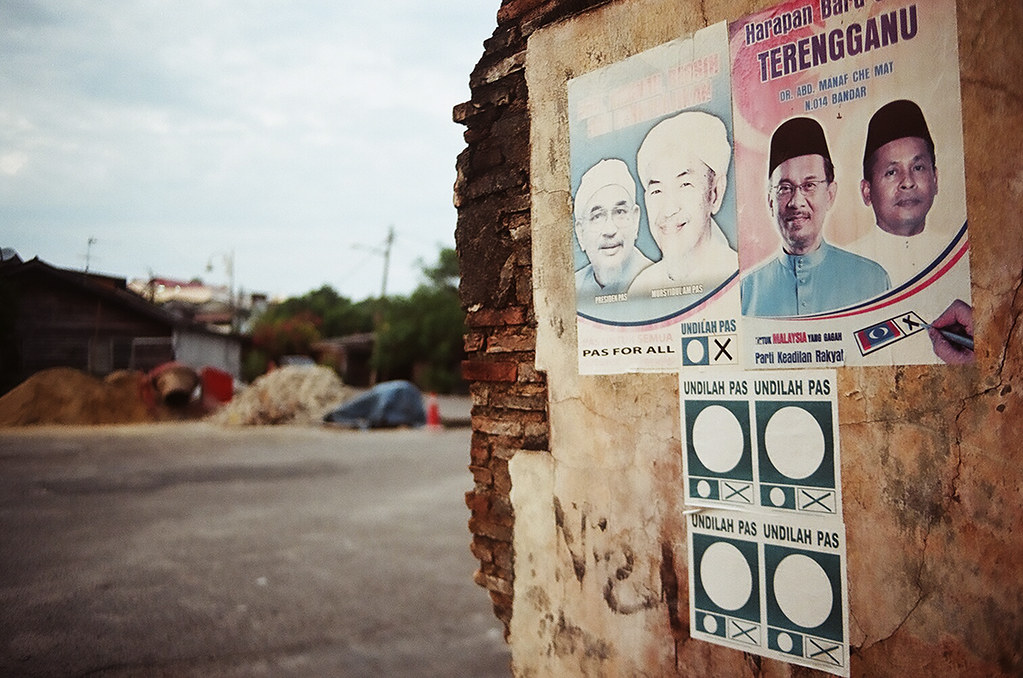Lessons from BN’s Win in Johor for Malaysia’s Next General Election
March 22, 2022
Elections to public offices in Malaysia occur at both the state and the federal level. At the state level, elections employ a first-past-the-post system where candidates compete in single-member constituencies to be elected to the state legislative assembly. Barisan Nasional (BN) secured a two-thirds majority of 40 out of 56 contested seats in the Johor Legislative Assembly in the 2022 Johor State Elections. BN’s performance in the recent state elections means that the party is entitled to form the government in the state of Johor. Its strong showing is a marked improvement from the 19 out of 56 seats that the party previously secured in the 2018 Johor State Elections.
Although a significant increase in the number of seats secured in an election could typically be perceived as an indicator of an improvement in the effectiveness of the party’s campaigns, Assistant Professor Elvin Ong (NUS Political Science) challenges this notion in ‘Lessons from BN’s Win in Johor for Malaysia’s Next General Election’ (Straits Times, March 2022). Dr Ong instead argues that the BN’s win at the recent Johor State Elections is the result of a fragmented opposition that lacked the capacity to boost voter turnout and to organize themselves into a single big-tent alliance that could have denied BN an outright victory.
First-past-the-post electoral systems tend to distort election results because candidates are only required to obtain a plurality of votes to win the seat. In the aggregate, relatively small vote shares translate into a disproportionately large number of seats — BN’s 43.11 per cent of vote share translated into 71.42 per cent of seat share. A closer look into the distortion reveals that BN only experienced a marginal increase in vote share for the Johor state assembly when compared to the 2018 elections. Dr Ong argues that such marginal increases in vote share cannot indicate a change in the voting preferences of the electorate or an increase in the effectiveness of the party’s political campaigning.
Dr Ong shows that there are more non-BN voters than there are BN-voters. This suggests that the anti-BN opposition can improve their chances of winning by encouraging more people to vote. More importantly, this also suggests that if the anti-BN opposition were able to mobilize their capacity and organize themselves into a single big-tent alliance opposed to the BN incumbent, it could maximize their chances of denying an outright BN victory by increasing the probability of a scenario where the single big-tent anti-BN alliance receives more votes than what a single anti-BN party could have received if it contested alone.
Read the article here.


